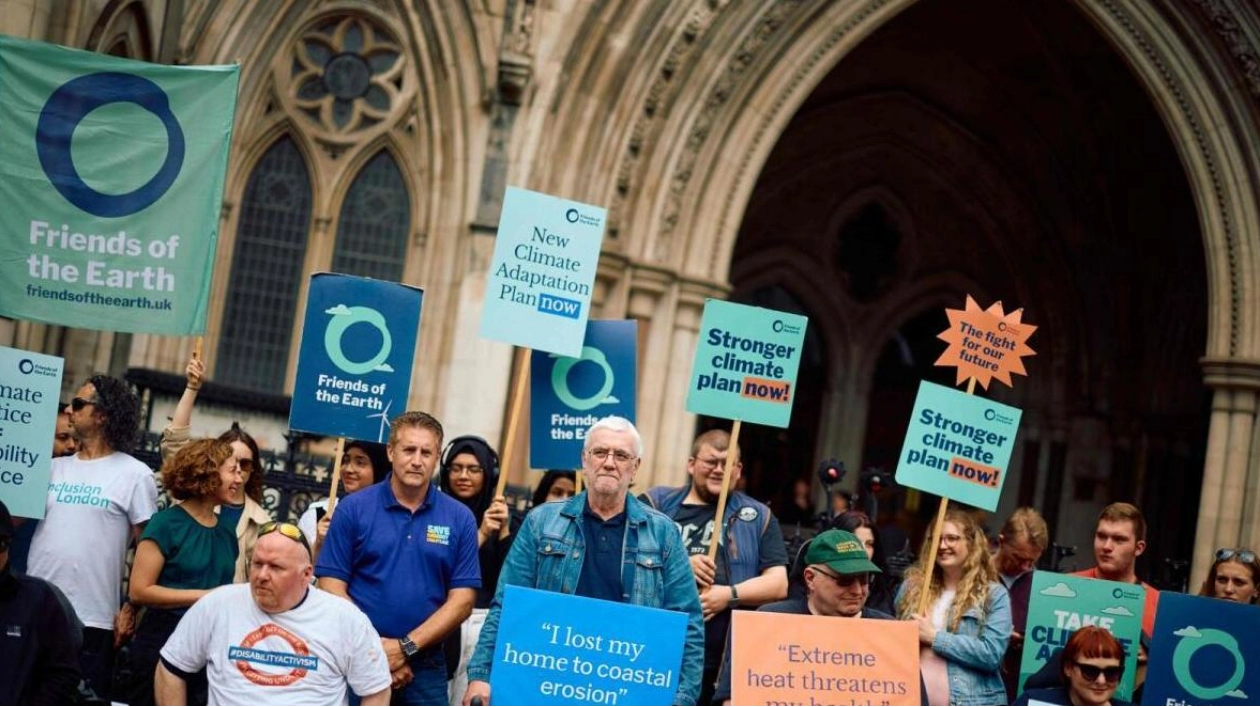According to the annual State of the Climate report from the weather service, 2023 ranks as the second-hottest year in recorded history. The report notes a widespread increase in days with temperatures exceeding 28 degrees Celsius across the UK. Historically, between 1961 and 1990, regions like London and Hampshire in southeast England averaged six or more such hot days annually. However, the period from 2014 to 2023 saw many parts of the southeast experiencing up to 12 days meeting this criterion. Additionally, the report indicates that the number of extremely hot days, defined as those surpassing 30 degrees Celsius, has tripled between the two time frames. The analysis also reveals a 20% rise in the frequency of very wet days in the recent decade compared to 1961-1990. Mike Kendon, a climate scientist at the Met Office and lead author, emphasized that the new data underscores the rapid changes in weather patterns due to climate change. He described last year as 'another year of interesting and at times significant weather'. The Met Office's studies further assessed the role of climate change in various extreme weather events in 2023, including the record-breaking temperatures in July, concluding that human-induced climate change significantly increased the likelihood of such events. Liz Bentley, CEO of the Royal Meteorological Society, highlighted that the analysis of 'hot' days and 'exceptional rainfall' underscores the rising frequency of high-impact extremes in the UK. She also noted that attribution studies help clarify how human activities, like fossil fuel combustion, are exacerbating these extreme events. A section of the report by the National Oceanographic Centre revealed ongoing sea level rises, with 2023 marking the highest annual mean sea level on record at Newlyn near Penzance.

Text: Lara Palmer
25.07.2024
Annual Climate Report Shows Increased Hot Days and Extreme Weather Events in the UK





